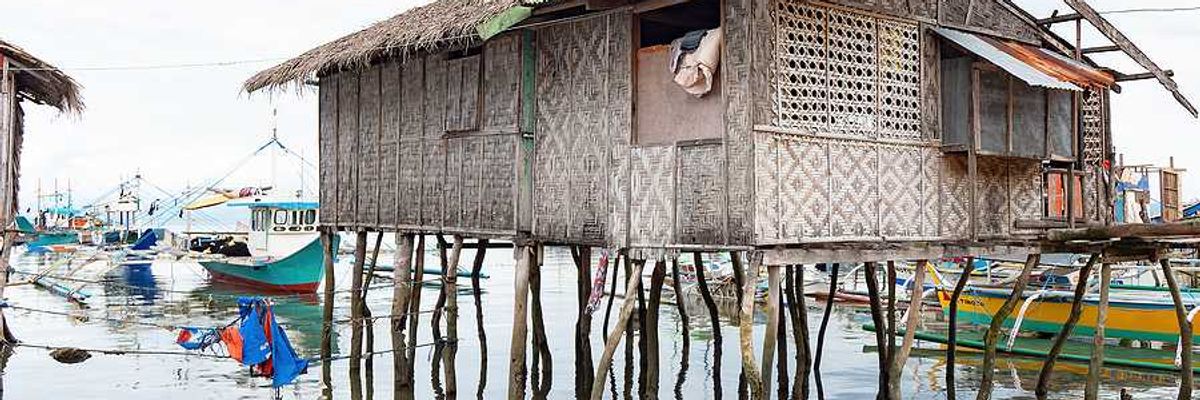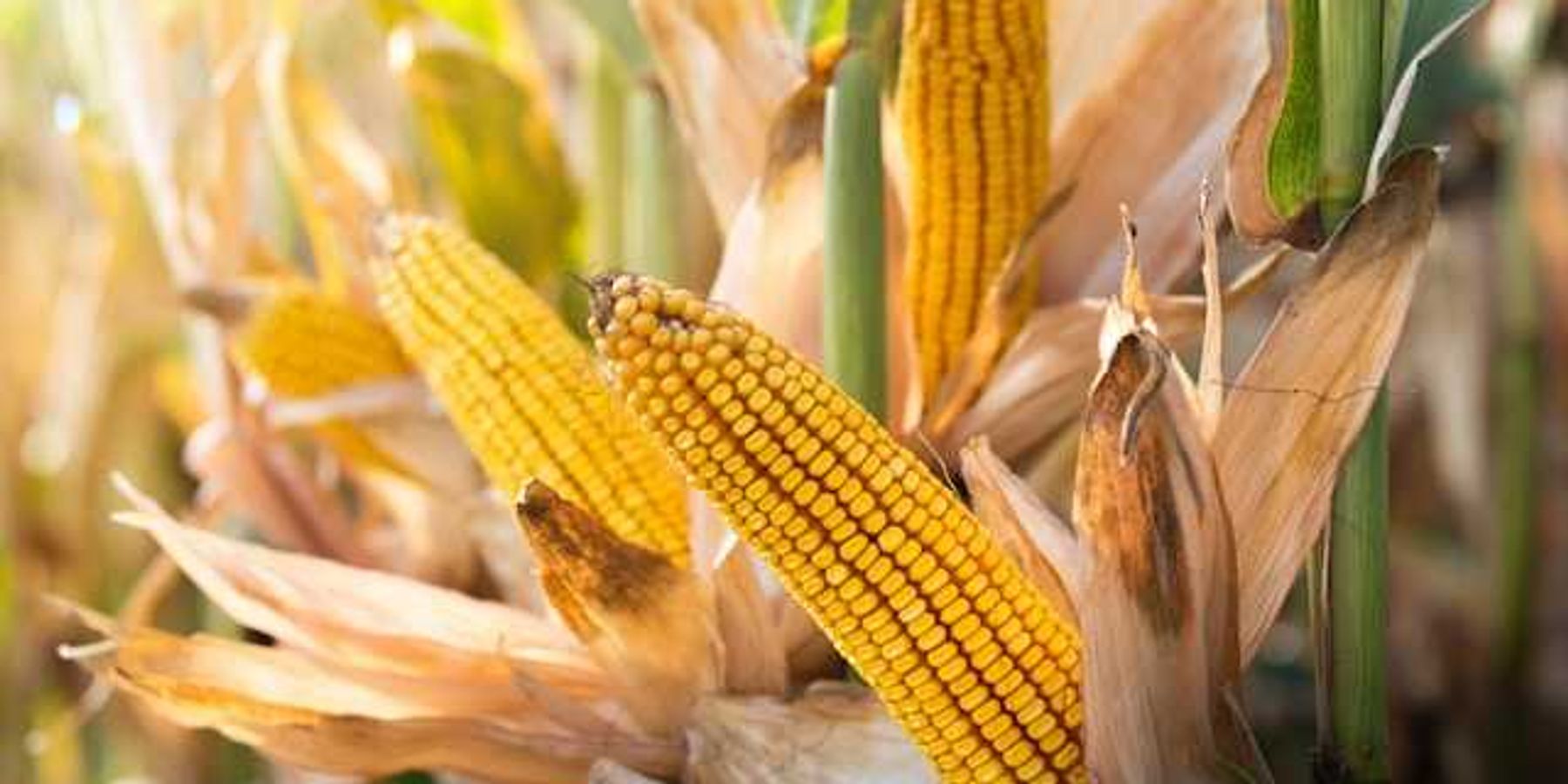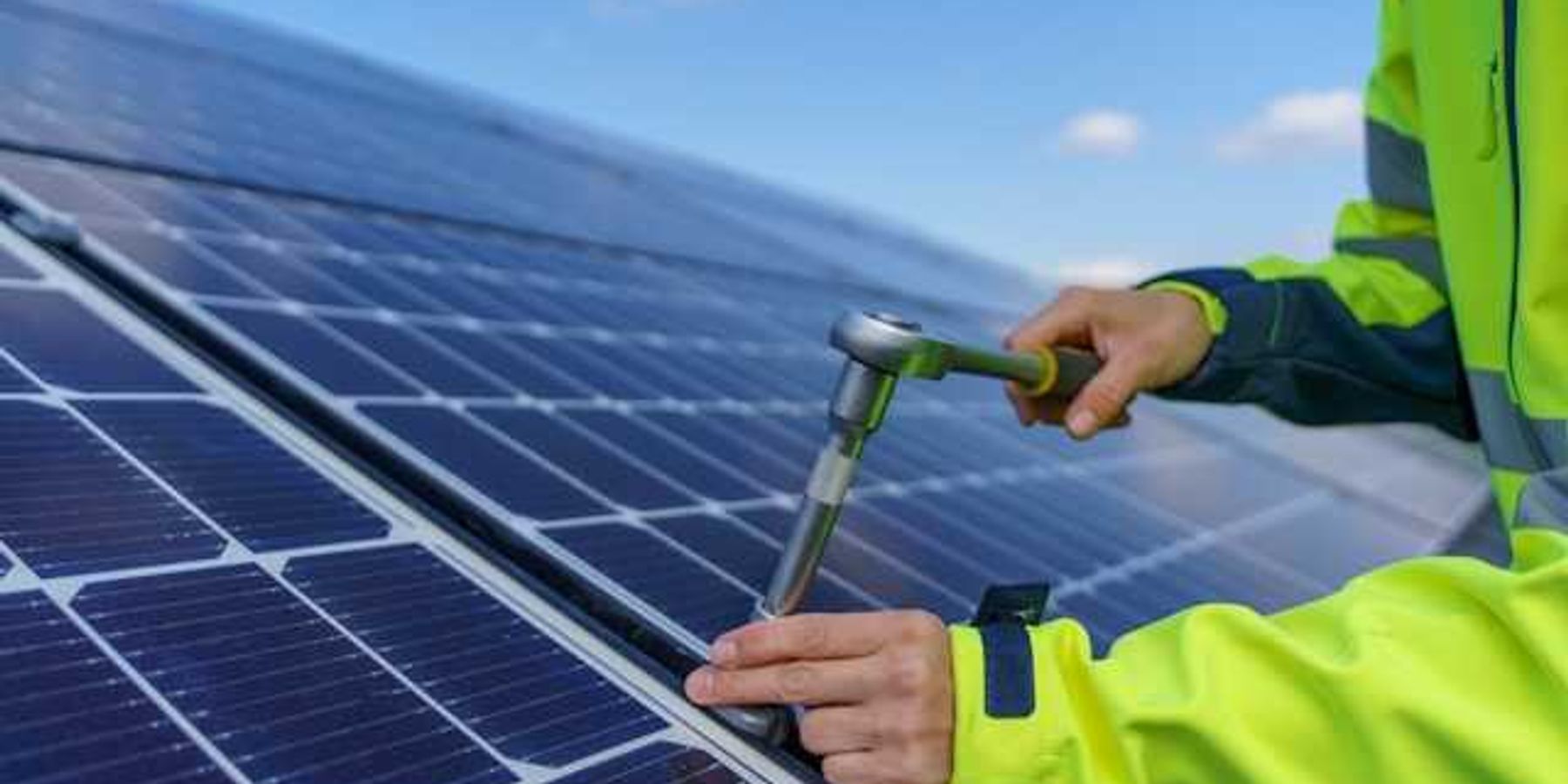women
Extreme weather exacerbates refugee camp hardships
Displaced women in Jordan, Bangladesh, and South Sudan face worsening conditions as extreme weather compounds the challenges of refugee life.
In short:
- In Jordan, Hamda al-Marzouq copes with extreme heat, impacting daily life and health in the Za’atari refugee camp.
- Umme Solima in Bangladesh struggles with landslides and damaged infrastructure, making daily survival difficult in Cox’s Bazar.
- Nyapuoch Phan Dak in South Sudan endures relentless flooding, limiting food supplies and mobility in the Rubkona camp.
Key quote:
“We walk long distances in the water, sometimes in the rain, and at times, we would even get no milk. But sometimes we’re able to get milk and sell to get something to feed our children.”
— Nyapuoch Phan Dak, refugee, widow, and mother of four in a South Sudan camp
Why this matters:
Extreme weather linked to climate change worsens the already dire conditions in refugee camps, threatening the survival and dignity of millions.
Women in Oaxaca revitalize ancient water preservation methods
Indigenous women in Oaxaca are adopting ancestral techniques to combat severe droughts and water scarcity.
In short:
- Agustina Ortiz and other women are using ferro-cement water tanks to collect and purify rainwater.
- They grow drought-resistant crops, ensuring food security and creating income through surplus sales.
- The nonprofit Grupedsac trains these women in sustainable water and land management practices.
Key quote:
"We need to empower these women, but we also need to understand that the word empowerment means different things in our societies."
— Joaquin Carrillo, director of Grupedsac's Oaxaca center
Why this matters:
Water scarcity is intensifying in Oaxaca, impacting agriculture and daily life. Teaching sustainable water management and empowering women enhances community resilience against climate change.
Natural disasters disproportionally harm women in Australia
Women are 14 times more likely to die and face higher rates of violence and homelessness during and after natural disasters in Australia, yet climate policies fail to address these dangers, experts say.
Stephanie Gardiner reports for The Australian Associated Press.
In short:
- Domestic violence and homelessness spike for women following natural disasters in Australia, with significant cases noted after events like the 2009 Black Saturday bushfires and the 2022 NSW Northern Rivers floods, new research found.
- Despite research, climate policies still overlook the heightened risks faced by women, who make up 80% of those displaced after disasters.
- Traditional gender roles during disasters often lead men to heroic duties while women bear increased caregiving burdens, exacerbating social and economic disadvantages.
Key quote:
“There’s the social disadvantage, but women are also economically disadvantaged and … when a crisis strikes, they’ve got less security and fewer resources to draw upon.”
— Carla Pascoe Leahy, research manager at the Women's Environmental Leadership Australia.
Why this matters:
Women face disproportionately higher risks during natural disasters, which exacerbate existing social and economic vulnerabilities. Ultimately, building resilience against natural disasters means building equity. By empowering women and addressing the root causes of their vulnerabilities, communities can create a more just and sustainable path to recovery.
Swiss parliament dismisses climate ruling favoring older women
Swiss lawmakers have rejected a European court's ruling that weak climate policies violate the human rights of older women.
In short:
- The European court ruled Switzerland's weak climate policies endanger older women, violating their human rights.
- The Swiss lower house voted 111-72 to dismiss the ruling, claiming judicial overreach and sufficient national efforts.
- Activists, including the KlimaSeniorinnen group, argue this sets a dangerous precedent and betrays vulnerable populations.
Key quote:
"The declaration is a betrayal of us older women – and of all those who are suffering from the real consequences of global warming today and in the future."
— Rosmarie Wydler-Wälti, co-president of KlimaSeniorinnen
Why this matters:
Critics of the Swiss decision argue that dismissing the ruling neglects the urgent need for robust climate policies to protect all citizens, especially the most vulnerable. They point to rising temperatures and increasing instances of heatwaves, which have significant health impacts on older populations, particularly women. Advocates stress that addressing climate change is not just an environmental imperative but also a moral and human rights issue.
Winter storms linked to increased domestic violence, study finds
A devastating winter storm in Texas heightens the risk of domestic violence, trapping victims with their abusers and limiting access to help, reports
In short:
- Research indicates that natural disasters exacerbate intimate partner violence, as victims find it harder to seek support.
- Disasters like wildfires and hurricanes, fueled by climate change, could make these situations more common.
- Federal disaster response lacks preparation for addressing intimate partner violence during emergencies.
Key quote:
“The level of toxicity and abuse was condensed. The accusations or outbursts of anger that would have taken three weeks were condensed to five days.’’
— Michelle J. Abdelnoor
Why this matters:
Natural disasters can create significant emotional distress and anxiety. The loss of homes, livelihoods, and loved ones can heighten tensions within households. For individuals with a predisposition toward violence, these stressors may lead to an increase in abusive behaviors as a misplaced outlet for their frustration and fear.
Ecoanxiety. Ecoparalysis. Solastalgia. Call it what you want— when it comes to climate change and mental health, the future is now.
UN: Droughts hit women and girls hardest in vulnerable areas
In poor and rural regions around the globe, women and girls bear the brunt of drought's impacts, underscoring the need for water strategies to address their unique challenges, according to the United Nations.
In short:
- The UN's world water development report calls for enhanced global cooperation on water resources to mitigate conflicts and improve conditions for women and girls.
- Access to clean water and safe sanitation significantly affect women's and girls' education and safety in disadvantaged areas.
- Conflicts over water, exacerbated by climate change, pollution and overuse, pose risks of local and regional disputes, impacting food security and health.
Key quote:
"As water stress increases, so do the risks of local or regional conflict."
— Audrey Azoulay, director general of UNESCO
Why this matters:
Climate-related water stress significantly impacts communities worldwide, but its effects tend to be more acute for women and girls, who often bear the brunt of environmental crises. Due to traditional roles and socio-economic factors, women and girls are primarily responsible for water collection in many cultures. This task becomes increasingly arduous and time-consuming as water scarcity, exacerbated by climate change, forces them to travel longer distances.
Bangladesh is on the front lines of a water crisis driven by climate change and politics. There, as in many other countries, women are made especially vulnerable by safe drinking water shortages.
Extreme heat raises pregnancy risks, study shows
A recent study from India reveals that working in extreme heat significantly increases the risk of stillbirth and miscarriage among pregnant women.
In short:
- The research involved 800 pregnant women in Tamil Nadu, highlighting a doubled risk for those in high-heat jobs.
- No global standard exists for safe heat levels for pregnant workers, underscoring a gap in occupational health guidelines.
- The study's findings are a call to action for global health advice tailored to pregnant women in increasingly hot climates.
Key quote:
"If the workers continue for prolonged periods in this level of heat, they are more prone to heat-related illnesses, and it's especially concerning for pregnant women."
— Rekha Shanmugam, former nurse and one of the SRIHER study's researchers
Why this matters:
Studies have shown that exposure to high temperatures during pregnancy can lead to a range of adverse outcomes, including preterm birth, low birth weight, and stillbirth. In addition, the physiological changes that occur during pregnancy, such as increased body temperature and altered blood flow, can make pregnant individuals more susceptible to heat stress. Be sure to read Kelley Dennings' op-ed about how climate change harms pregnant people and their babies.climate change harms pregnant people and their babies.









